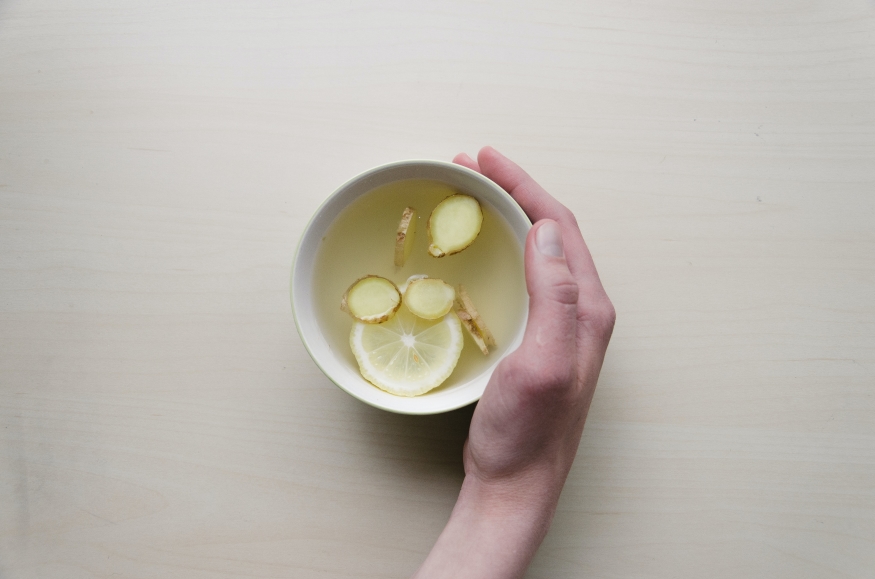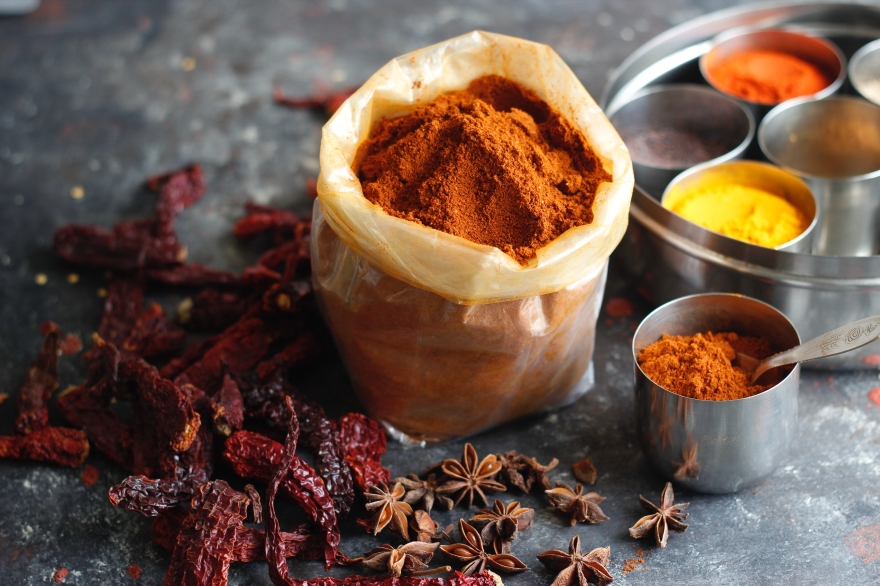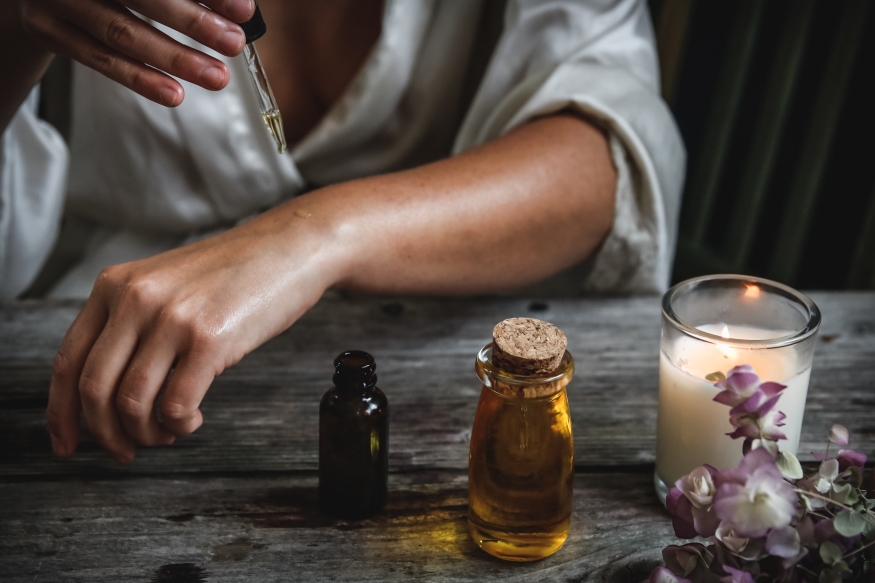Honey Ginger Remedy for Weight Loss and Immunity

Ayurveda can give you a healthy and robust Agni (digestive fire) through local and seasonal ingredients. Honey and ginger and are two examples. Their individual properties together to magnify its effects on your immune and digestive systems. For this reason, honey ginger recipes are a timeless feel-good remedy.
Honey has numerous medical uses. Hence, it was in use across centuries in both urban and folk cultures. Ayurveda stresses on honey as one of nature’s most valuable gifts to mankind for its holistic benefits. Most importantly, it effects your respiratory and pulmonary health to keep your mind and body in check. For this reason, ancient doctors and physicians have used honey for centuries as a tool of natural healing.
Additionally, ginger contains micronutrients and bioactive compounds which make it a superfood. It is most beneficial for your immune and digestive system. Nevertheless, it has powerful effects on your other bodily systems as well.
Uses of Honey
Vedic literature stresses on honey as a natural source of heat and energy. The biomedical sciences categorise this as ‘easily digestible’ carbohydrates, which provides instant energy. The human body also needs glucose, found in honey, for oxygen production. This can replace high lactic acid content in times of fatigue.
Honey can also cure the skin, cough, insomnia, oral diseases, eyes, and stomach, and prevent ageing. It acts as an antiseptic which can cure burns and carbuncles on the skin. Next, it acts as a demulcent. This soothes the inflamed mucous membrane in the upper respiratory tract during a cold, which relieves coughing symptoms. It is hence a common component of cough medicines.
Secondly, it ensures proper blood circulation. Ayurvedic experts often recommend honey for heart palpitation and cardiac pain. It also helps to build haemoglobin in the body due to high concentrations of iron, copper, and manganese. The maintenance of haemoglobin and red blood cells make it valuable to anaemia treatment.
Thirdly, it maintains pulmonary health. Ayurveda claims that the mixtures of higher alcohol and ethereal oils in honey release soothing vapours to asthma patients. You can alternatively consume it with milk or water. Honey which is at least a year old is preferable to newer forms. It is most useful for provision of energy and heat to the body in old age, as it dries out and clears excessive mucus.
In recent years, scientists endorse honey for its antioxidant, antibacterial and anti fungal properties, higher phytonutrient concentration, and cough suppressant performance. The phytonutrients in this compound contribute to its immune boosting and anti cancerous properties. As a prebiotic, it helps beneficial intestinal bacteria thrive, which contributes to gut diversity. Finally, it acts similarly to dexrtbomethorphan as a cough suppressant. The dosage that doctors recommend is 1-2 teaspoons.
Uses of Ginger
Ginger is a Southeast Asian based root. You can consume it in fresh, dried, or powdered forms, or as an oil or juice. It is a versatile Ayurvedic ingredient which is a staple of Indian households. The rhizome or underground part of the stem is the most popular portion of the plant. Nevertheless, it stores immense benefits for everyday well being.
Firstly, the gingerol substance present contains powerful anti-medicinal properties. This is one of its natural oils which lend it a unique flavour and fragrance. The is a bioactive compound that contains powerful anti inflammatory and antioxidant effects. Further, this reduces the levels of free radicals in the body, which lowers oxidative stress.
Secondly, it can help relieve indigestion. This is a type of recurrent pain and discomfort in the upper abdominal region. Functional dyspepsia is a condition with little to no known cause of indigestion. Multiple studies have shown that ginger can activate intestinal muscles and loosen bowels.
Fifthly, ginger contains anti cancer properties and acts as an ayurvedic immunity booster. It reduces the risk of colon and liver cancer in particular. Ginger extract can also lower infection risks by inhibiting the growth of detrimental bacteria forms. Furthermore, it reduces the risk of inflammatory gum diseases.
Fifthly, ginger lowers blood sugar, cholesterol levels, and the risks of heart diseases and obesity. Various studies have shown a drop in total cholesterol and blood triglyceride levels (among both humans and rats) on steady ginger consumption. It also contains the potential to increase the number of calories burned and reduce inflammation levels. Hence, it provides steady weight loss through consumption in the form of ginger extracts or water. This is best helpful in high yet safe doses.
Here’s why you should opt for Ayurvedic treatment for weight loss in Kerala with Mekosha.
The combined effect of Honey and Ginger
Honey and ginger are complementary flavours which provide sweet and spice simultaneously. Many studies demonstrate how the antimicrobial properties of either ingredient enhance themselves when used together.
Honey-ginger tea is an ancient recipe which prevents indigestion, nausea, and morning sickness. It also acts as a natural pain killer, and strengthens the heart and immune systems. For this reason, it is a common home remedy for a cold.
To prepare this at home, simply heat three cups of water in a pan. Add one teaspoon of finely chopped ginger before it begins to boil. Next, add honey, tea leaves and lemon juice (one teaspoon of each), once the concoction begins to boil. Finally, strain this into a cup and consume immediately for best effects.
Conclusion
Both honey and ginger have powerful and overlapping individual properties. They both help the immune, respiratory, cardiac and digestive systems, which magnify when used together. Ginger honey tea is an invaluable ayurvedic medicine for immunity.
Check out the best immunity boosters of Ayurvedic medicine here.








